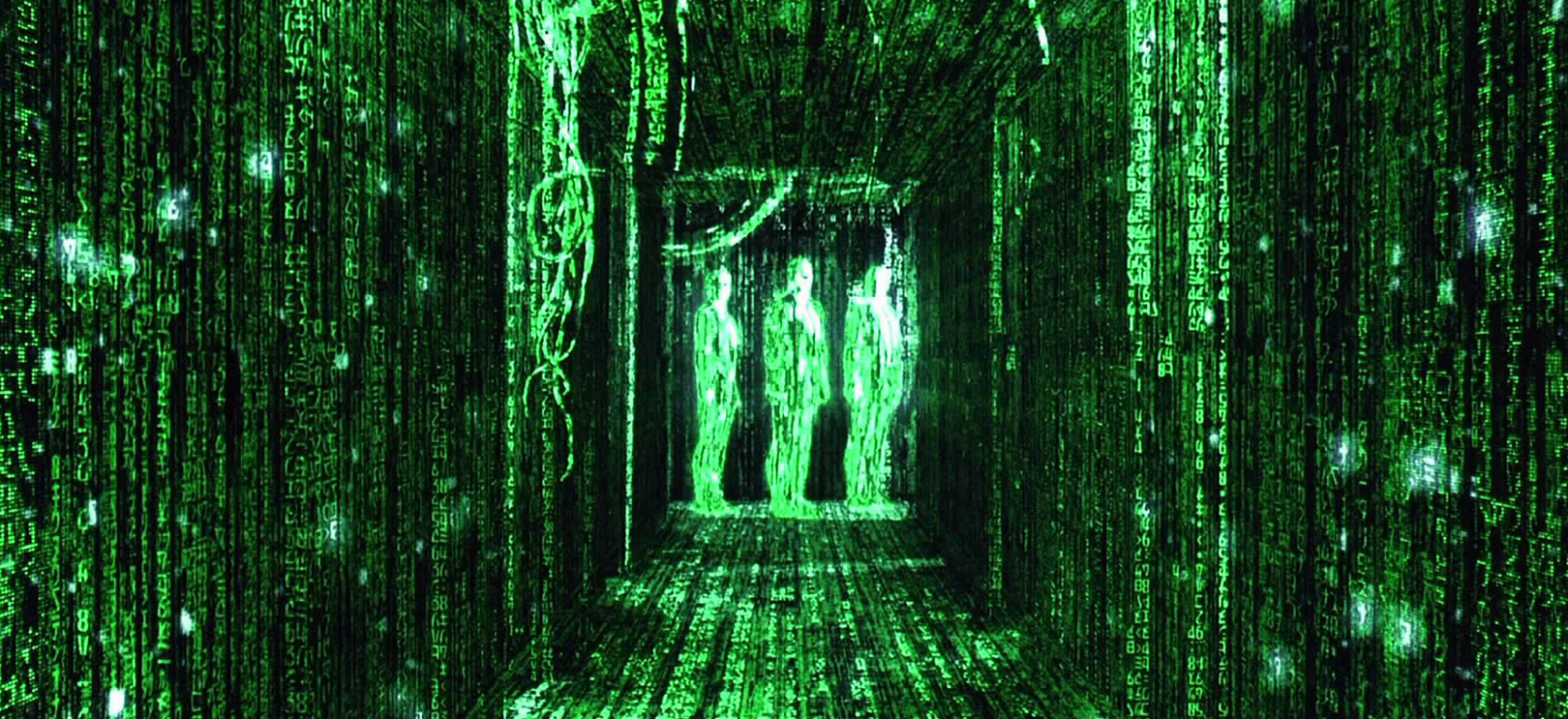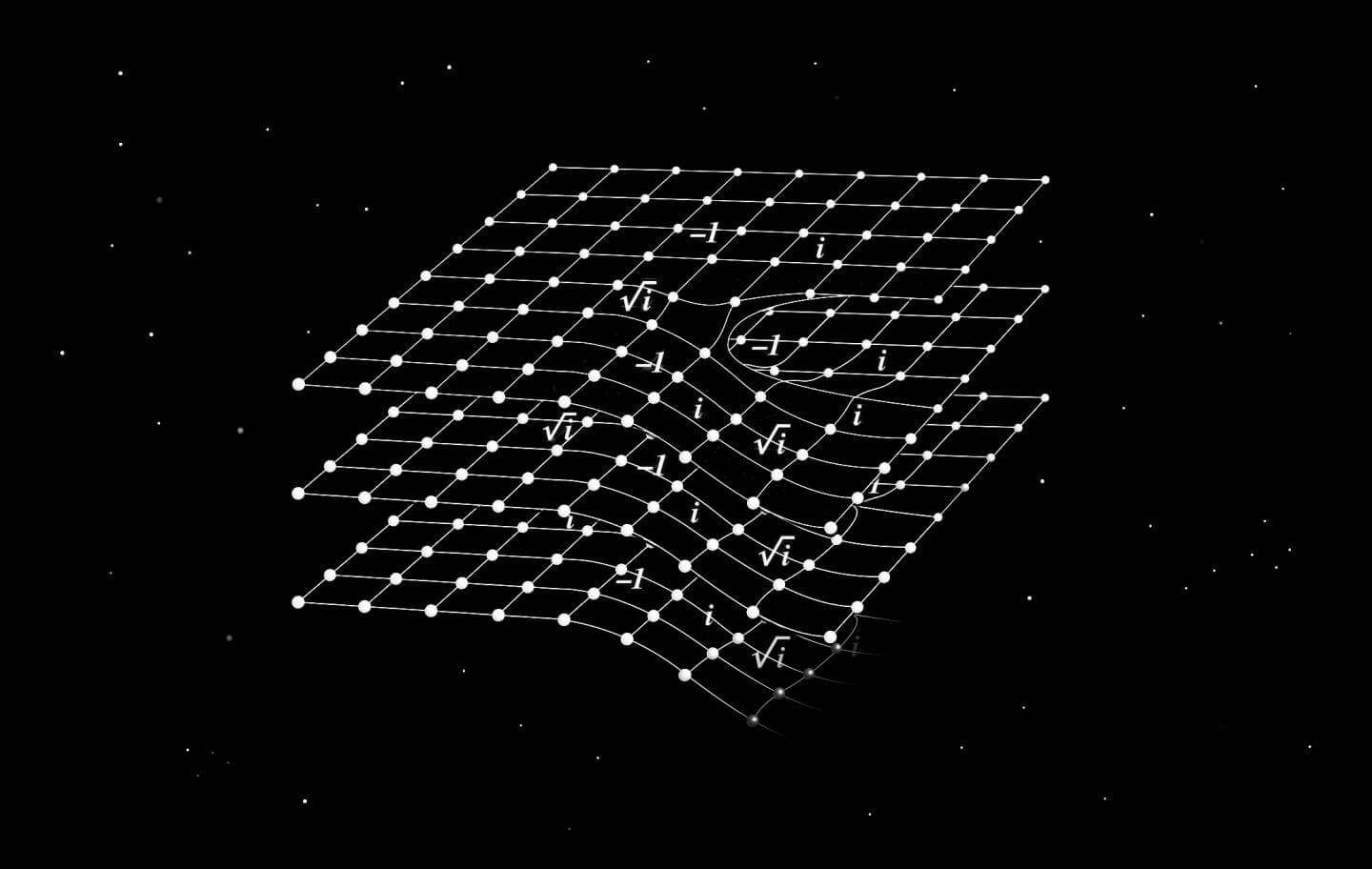Are we real? It is a philosophical question dating back to ancient times that has been revisited in popular culture over and over. The movies Videodrome (1983) and Brazil (1985) both deal with the idea of being trapped in a universe within your mind. The Wachowski Brothers' film The Matrix (1999) went one step further when it popularized the idea that maybe we all are living a computer simulation.
The thought that our existence is nothing more than a higher entity's computer simulation has become so popular that even figures like Elon Musk and machine-intelligence expert Ray Kurzweil have suggested the possibility is real.
However, in a new paper published in Science Advances, Zohar Ringel form Hebrew University and Dmitry L. Kovrizhin from Oxford University conclude that it is physically impossible for the universe to be a computer simulation. According to their work, the amount of computing power needed to simulate our universe at the quantum level exceeds what is even theoretically possible.
Ringel and Kovrizhin calculated that a simulation on the quantum level of just a few hundred particles would require a memory storage device built from more atoms than there are in the universe. This is because the rules of quantum physics are so complex and strange that for each simulated particle, the computer would have to double in processing power, memory capacity, and electricity consumption.
The researchers came to this conclusion while working with the Monte Carlo simulation. This model has been used by physicists to help predict and make sense of quantum behavior and relationships. The team was using Monte Carlo to study thermal Hall conductance and gravitational anomalies, which have to do with a twist in space-time that is observed in metals held in a high magnetic field and at extremely low temperatures.
When computing the problem they continually encountered what is known as "the sign problem." The Monte Carlo simulation breaks down when trying to calculate large-scale quantum simulations. In other words, the numbers just become too big and complex to compute.
"Our work provides an intriguing link between two seemingly unrelated topics: gravitational anomalies and computational complexity," Ringel told Eureka Alert. "It also shows that the thermal Hall conductance is a genuine quantum effect: one for which no local classical analogue exists."
While the pair's study may prove that simulating the universe is impossible on any type of computer as we realize them to be, couldn't the theoretical question still apply to a technology that is beyond our comprehension?
Ringel and Kovrizhin's conclusion by no means closes the book on the age-old question of "do we really exist," but it does at the very least show that with current technology, simulating existence is simply not possible.

